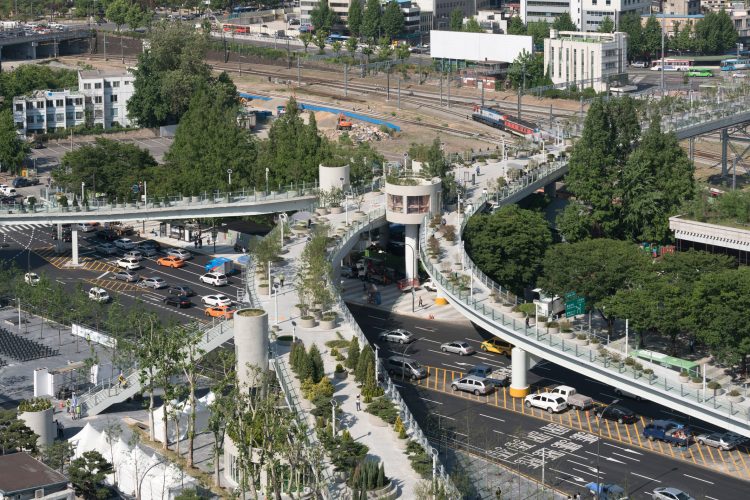Students Sue Government After Teacher Ends Exam 90 Seconds Early

A group of South Korean students recently sued the Government for millions of dollars in damages because their teachers ended a life-changing exam 90 seconds earlier than they should have. The Suneung, South Korea’s college admission exam, is notoriously long and difficult, and its implications are literally life-changing. Not only do the results of the […]
Seoullo 7017 – A Seoul Overpass Turned Pedestrian Sky Garden

Constructed in 1970, the Seoul Station overpass connected the eastern and western halves of the South Korean capital for over three decades. Closed in 2015, due to safety concerns, the iconic suspended highway was reopened this month, as a pedestrian sky garden. The old overpass was created as a solution to the growing traffic congestion in […]
Unique ‘Pay as You Trash’ System Helps South Korea Cut Food Waste
In a bid to control the nation’s growing problem with food wastage, the South Korean government has started a unique initiative – ‘Pay as You Trash’. Residents are required to separate their food waste from the rest of their trash and dump it separately in a centralised bin. And in order to access the bin, […]
